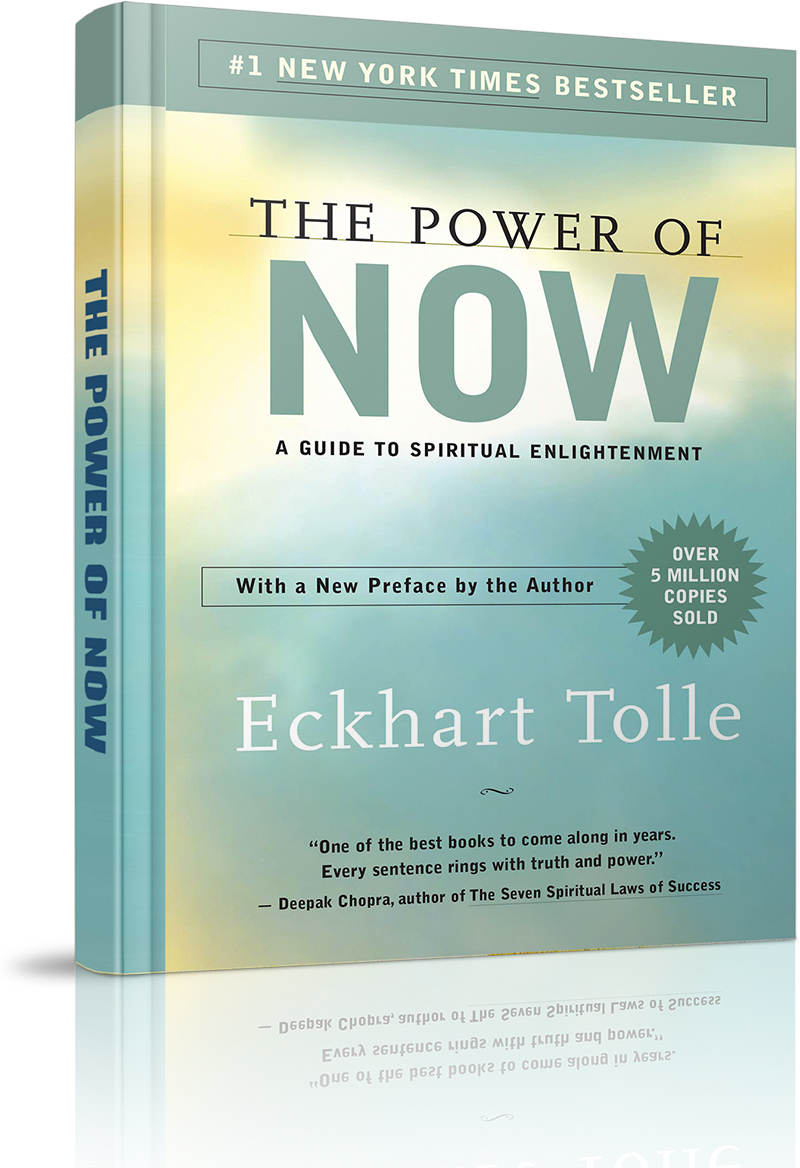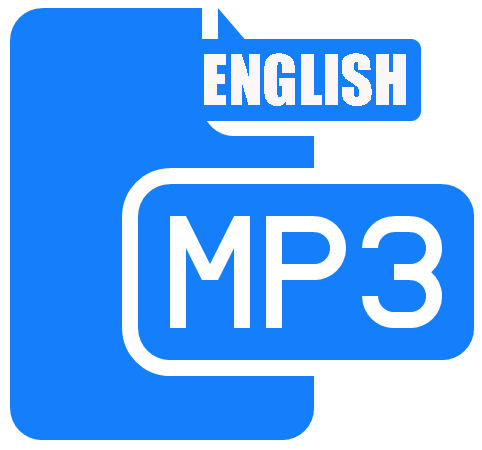Kẻ không biết đủ, tuy giàu mà nghèo. Người biết đủ, tuy nghèo mà giàu. Kinh Lời dạy cuối cùng
Những khách hàng khó tính nhất là người dạy cho bạn nhiều điều nhất. (Your most unhappy customers are your greatest source of learning.)Bill Gates
Cuộc sống là một sự liên kết nhiệm mầu mà chúng ta không bao giờ có thể tìm được hạnh phúc thật sự khi chưa nhận ra mối liên kết ấy.Tủ sách Rộng Mở Tâm Hồn
Người ta thuận theo sự mong ước tầm thường, cầu lấy danh tiếng. Khi được danh tiếng thì thân không còn nữa.Kinh Bốn mươi hai chương
Sự nguy hại của nóng giận còn hơn cả lửa dữ. Kinh Lời dạy cuối cùng
Điều khác biệt giữa sự ngu ngốc và thiên tài là: thiên tài vẫn luôn có giới hạn còn sự ngu ngốc thì không. (The difference between stupidity and genius is that genius has its limits.)Albert Einstein
Hãy lặng lẽ quan sát những tư tưởng và hành xử của bạn. Bạn sâu lắng hơn cái tâm thức đang suy nghĩ, bạn là sự tĩnh lặng sâu lắng hơn những ồn náo của tâm thức ấy. Bạn là tình thương và niềm vui còn chìm khuất dưới những nỗi đau. (Be the silent watcher of your thoughts and behavior. You are beneath the thinkers. You are the stillness beneath the mental noise. You are the love and joy beneath the pain.)Eckhart Tolle
Đừng làm cho người khác những gì mà bạn sẽ tức giận nếu họ làm với bạn. (Do not do to others what angers you if done to you by others. )Socrates
Người duy nhất mà bạn nên cố gắng vượt qua chính là bản thân bạn của ngày hôm qua. (The only person you should try to be better than is the person you were yesterday.)Khuyết danh
Thiên tài là khả năng hiện thực hóa những điều bạn nghĩ. (Genius is the ability to put into effect what is on your mind. )F. Scott Fitzgerald
Hãy tự mình làm những điều mình khuyên dạy người khác. Kinh Pháp cú
Trang chủ »» Danh mục »» THUYẾT GIẢNG GIÁO PHÁP »» The Power of Now »» Chapter 1: You are not your mind »»
The Power of Now
»» Chapter 1: You are not your mind
 Xem Mục lục
Xem Mục lục  Vietnamese || Đối chiếu song ngữ
Vietnamese || Đối chiếu song ngữ
- none
- Introduction
- »» Chapter 1: You are not your mind
- Freeing yourself from your mind
- Enlightenment: Rising above Thought
- Emotion: The Body's Reaction to Your Mind
- Chapter 2. Consciousness: The way out of pain
- Past Pain: Dissolving The Pain-Body
- Ego Identification With The Pain-Body
- The Ego's Search For Wholeness
- Chapter 3: Moving deeply into the now
- The Key To The Spiritual Dimension
- Accessing The Power Of The Now
- Letting Go Of Psychological Time
- Finding The Life Underneath Your Life Situation
- A Quantum Leap In The Evolution Of Consciousness
- Chapter 4: Mind strategies for avoiding the now
- Dissolving Ordinary Unconsciousness
- The Inner Purpose Of Your Life's Journey
- Chapter 5: The state of presence
- Christ: The Reality Of Your Divine Presence
- Chapter 6: The inner body
- Before You Enter The Body, Forgive
- Chapter 7: Portals into the unmanifested
- The True Nature Of Space And Time
- Chapter 8: Enlightened relationships
- Relationships As Spiritual Practice
- Why Women Are Closer To Enlightenment
- Give Up The Relationship With Yourself
- Chapter 9: Beyond happiness and unhappiness there is peace
- Chương 10: The meaning of surrender

Enlightenment - what is that?
A beggar had been sitting by the side of a road for over thirty years. One day a stranger walked by.
"Spare some change?" mumbled the beggar, mechanically holding out his old baseball cap.
"I have nothing to give you," said the stranger.
Then he asked: "What's that you are sitting on?"
"Nothing," replied the beggar. "Just an old box. I have been sitting on it for as long as I can remember."
"Ever looked inside?" asked the stranger.
"No," said the beggar. "What's the point? There's nothing in there."
"Have a look inside," insisted the stranger.
The beggar managed to pry open the lid. With astonishment, disbelief, and elation, he saw that the box was filled with gold.
I am that stranger who has nothing to give you and who is telling you to look inside. Not inside any box, as in the parable, but somewhere even closer: inside yourself.
"But I am not a beggar," I can hear you say.
Those who have not found their true wealth, which is the radiant joy of Being and the deep, unshakable peace that comes with it, are beggars, even if they have great material wealth. They are looking outside for scraps of pleasure or fulfillment, for validation, security, or love, while they have a treasure within that not only includes all those things but is infinitely greater than anything the world can offer.
The word enlightenment conjures up the idea of some super-human accomplishment, and the ego likes to keep it that way, but it is simply your natural state of felt oneness with Being. It is a state of connectedness with something immeasurable and indestructible, something that, almost paradoxically, is essentially you and yet is much greater than you. It is finding your true nature beyond name and form. The inability to feel this connectedness gives rise to the illusion of separation, from yourself and from the world around you. You then perceive yourself, consciously or unconsciously, as an isolated fragment. Fear arises, and conflict within and without becomes the norm.
I love the Buddha's simple definition of enlightenment as "the end of suffering." There is nothing superhuman in that, is there? Of course, as a definition, it is incomplete. It only tells you what enlightenment is not: no suffering. But what's left when there is no more suffering? The Buddha is silent on that, and his silence implies that you'll have to find out for yourself. He uses a negative definition so that the mind cannot make it into something to believe in or into a superhuman accomplishment, a goal that is impossible for you to attain. Despite this precaution, the majority of Buddhists still believe that enlightenment is for the Buddha, not for them, at least not in this lifetime.
§
You used the word Being. Can you explain what you mean by that?
Being is the eternal, ever-present One Life beyond the myriad forms of life that are subject to birth and death. However, Being is not only beyond but also deep within every form as its innermost invisible and indestructible essence. This means that it is accessible to you now as your own deepest self, your true nature. But don't seek to grasp it with your mind. Don't try to understand it. You can know it only when the mind is still. When you are present, when your attention is fully and intensely in the Now, Being can be felt, but it can never be understood mentally. To regain awareness of Being and to abide in that state of "feeling-realization" is enlightenment.
§
When you say Being, are you talking about God? If you are, then why don't you say it?
The word God has become empty of meaning through thousands of years of misuse. I use it sometimes, but I do so sparingly. By misuse, I mean that people who have never even glimpsed the realm of the sacred, the infinite vastness behind that word, use it with great conviction, as if they knew what they are talking about. Or they argue against it, as if they knew what it is that they are denying. This misuse gives rise to absurd beliefs, assertions, and egoic delusions, such as "My or our God is the only true God, and your God is false," or Nietzsche's famous statement "God is dead."
The word God has become a closed concept. The moment the word is uttered, a mental image is created, no longer, perhaps, of an old man with a white beard, but still a mental representation of someone or something outside you, and, yes, almost inevitably a male someone or something.
Neither God nor Being nor any other word can define or explain the ineffable reality behind the word, so the only important question is whether the word is a help or a hindrance in enabling you to experience That toward which it points. Does it point beyond itself to that transcendental reality, or does it lend itself too easily to becoming no more than an idea in your head that you believe in, a mental idol?
The word Being explains nothing, but nor does God. Being, however, has the advantage that it is an open concept. It does not reduce the infinite invisible to a finite entity. It is impossible to form a mental image of it. Nobody can claim exclusive possession of Being. It is your very essence, and it is immediately accessible to you as the feeling of your own presence, the realization I am that is prior to I am this or I am that. So it is only a small step from the word Being to the experience of Being.
§
What is the greatest obstacle to experiencing this reality?
Identification with your mind, which causes thought to become compulsive. Not to be able to stop thinking is a dreadful affliction, but we don't realize this because almost everybody is suffering from it, so it is considered normal. This incessant mental noise prevents you from finding that realm of inner stillness that is inseparable from Being. It also creates a false mind-made self that casts a shadow of fear and suffering. We will look at all that in more detail later.
The philosopher Descartes believed that he had found the most fundamental truth when he made his famous statement: "I think, therefore I am." He had, in fact, given expression to the most basic error: to equate thinking with Being and identity with thinking. The compulsive thinker, which means almost everyone, lives in a state of apparent separateness, in an insanely complex world of continuous problems and conflict, a world that reflects the ever-increasing fragmentation of the mind. Enlightenment is a state of wholeness, of being "at one" and therefore at peace. At one with life in its manifested aspect, the world, as well as with your deepest self and life unmanifested - at one with Being. Enlightenment is not only the end of suffering and of continuous conflict within and without, but also the end of the dreadful enslavement to incessant thinking. What an incredible liberation this is!
Identification with your mind creates an opaque screen of concepts, labels, images, words, judgments, and definitions that blocks all true relationship. It comes between you and yourself, between you and your fellow man and woman, between you and nature, between you and God. It is this screen of thought that creates the illusion of separateness, the illusion that there is you and a totally separate "other." You then forget the essential fact that, underneath the level of physical appearances and separate forms, you are one with all that is. By "forget," I mean that you can no longer feel this oneness as self-evident reality. You may believe it to be true, but you no longer know it to be true. A belief may be comforting. Only through your own experience, however, does it become liberating.
For example, there is nothing wrong with cells dividing and multiplying in the body, but when this process continues in disregard of the total organism, cells proliferate and we have disease.
Note: The mind is a superb instrument if used rightly. Used wrongly, however, it becomes very destructive. To put it more accurately, it is not so much that you use your mind wrongly - you usually don't use it at all. It uses you. This is the disease. You believe that you are your mind. This is the delusion. The instrument has taken you over.
I don't quite agree. It is true that I do a lot of aimless thinking, like most people, but I can still choose to use my mind to get and accomplish things, and I do that all the time.
Just because you can solve a crossword puzzle or build an atom bomb doesn't mean that you use your mind. Just as dogs love to chew bones, the mind loves to get its teeth into problems. That's why it does crossword puzzles and builds atom bombs. You have no interest in either. Let me ask you this: can you be free of your mind whenever you want to? Have you found the "off" button?
You mean stop thinking altogether? No, I can't, except maybe for a moment or two.
Then the mind is using you. You are unconsciously identified with it, so you don't even know that you are its slave. It's almost as if you were possessed without knowing it, and so you take the possessing entity to be yourself. The beginning of freedom is the realization that you are not the possessing entity - the thinker. Knowing this enables you to observe the entity. The moment you start watching the thinker, a higher level of consciousness becomes activated. You then begin to realize that there is a vast realm of intelligence beyond thought, that thought is only a tiny aspect of that intelligence. You also realize that all the things that truly matter - beauty, love, creativity, joy, inner peace - arise from beyond the mind. You begin to awaken.
MUA THỈNH KINH SÁCH PHẬT HỌC
DO NXB LIÊN PHẬT HỘI PHÁT HÀNH
Mua sách qua Amazon sẽ được gửi đến tận nhà - trên toàn nước Mỹ, Canada, Âu châu và Úc châu.
Quý vị đang truy cập từ IP 216.73.216.157 và chưa ghi danh hoặc đăng nhập trên máy tính này. Nếu là thành viên, quý vị chỉ cần đăng nhập một lần duy nhất trên thiết bị truy cập, bằng email và mật khẩu đã chọn.
Chúng tôi khuyến khích việc ghi danh thành viên ,để thuận tiện trong việc chia sẻ thông tin, chia sẻ kinh nghiệm sống giữa các thành viên, đồng thời quý vị cũng sẽ nhận được sự hỗ trợ kỹ thuật từ Ban Quản Trị trong quá trình sử dụng website này.
Việc ghi danh là hoàn toàn miễn phí và tự nguyện.
Ghi danh hoặc đăng nhập
... ...


 Trang chủ
Trang chủ










